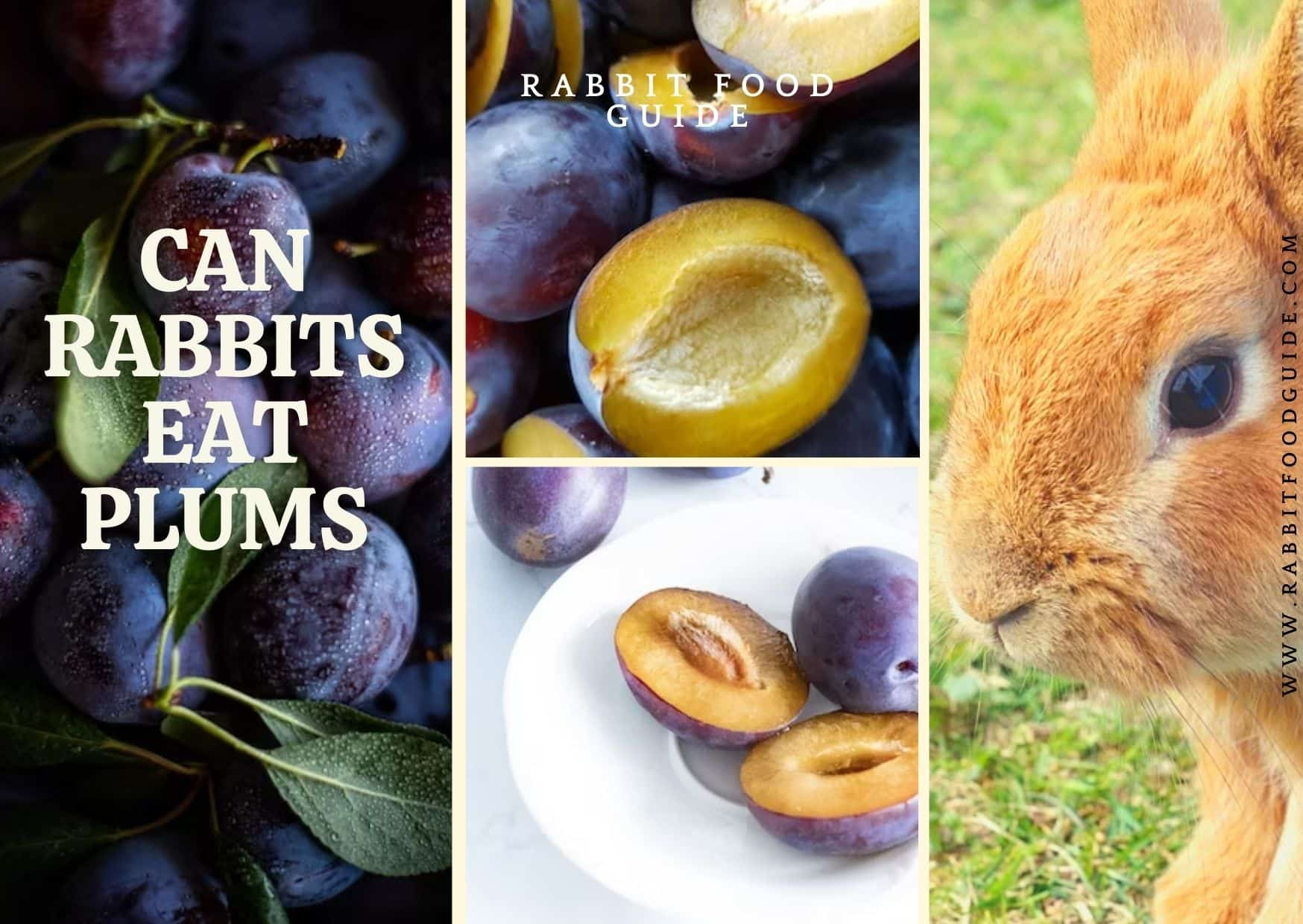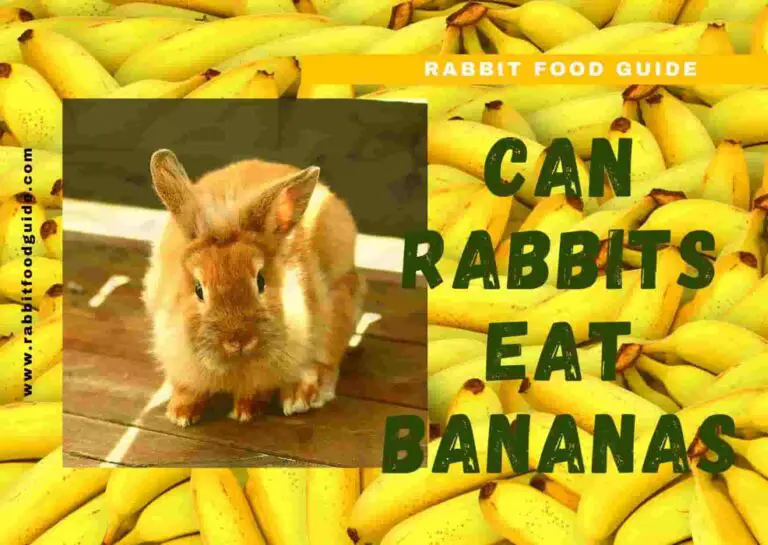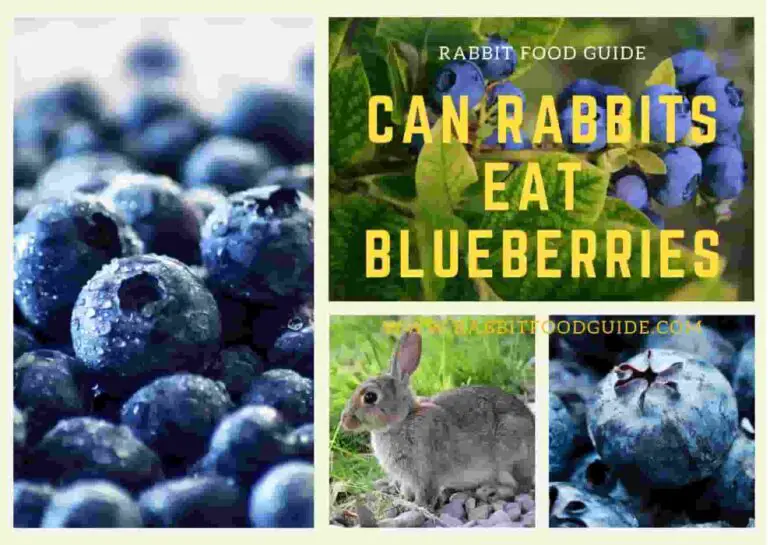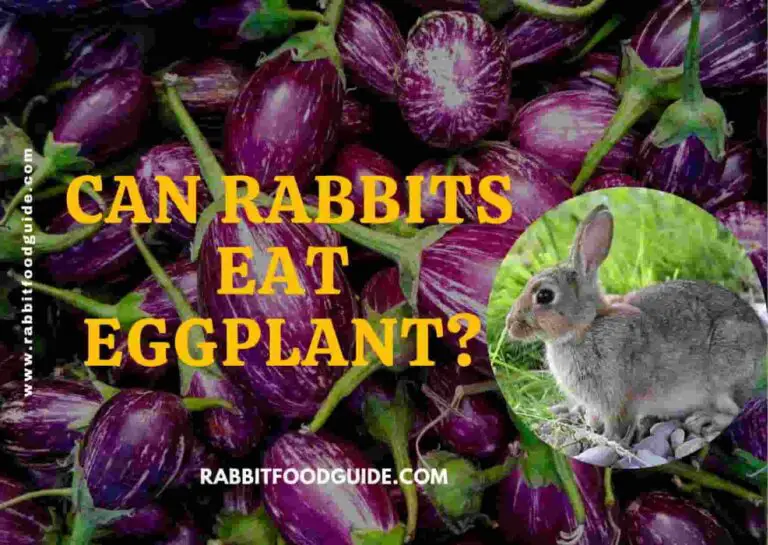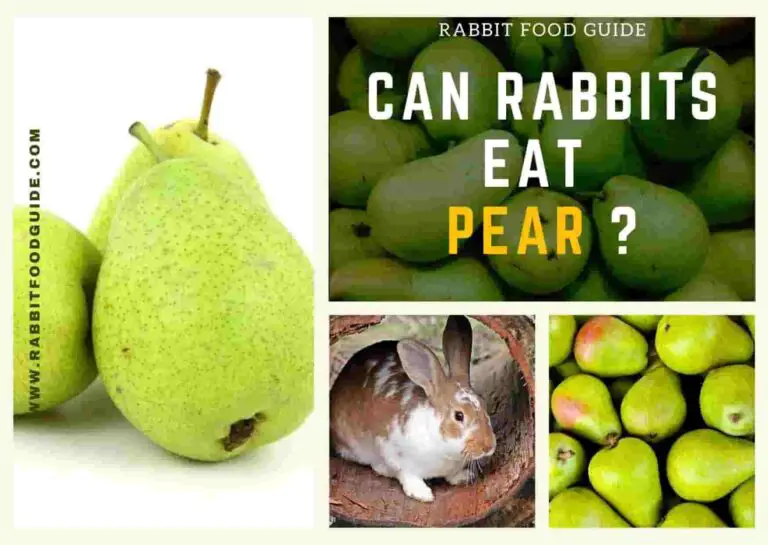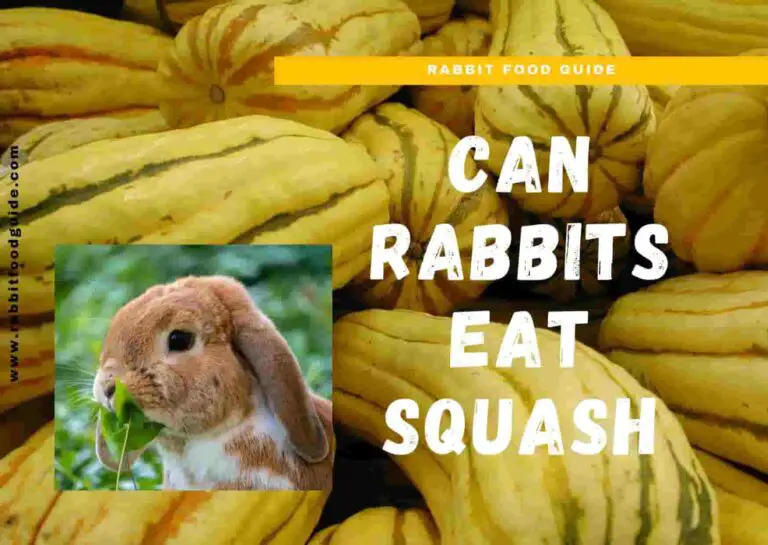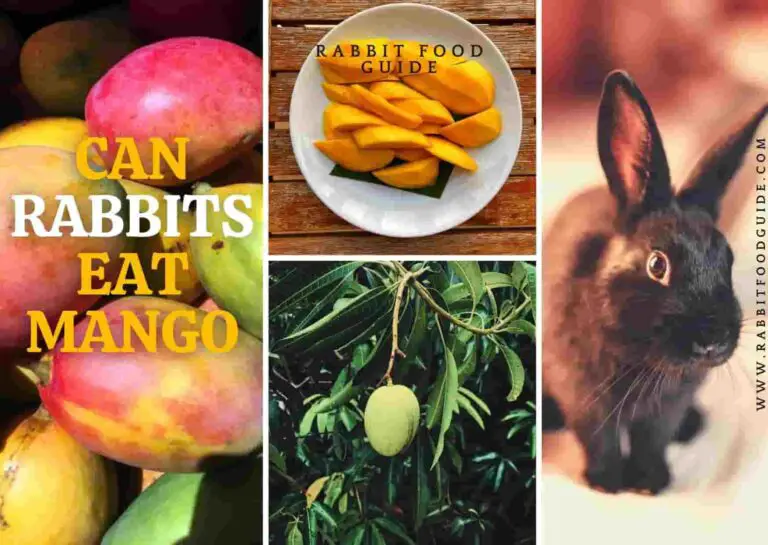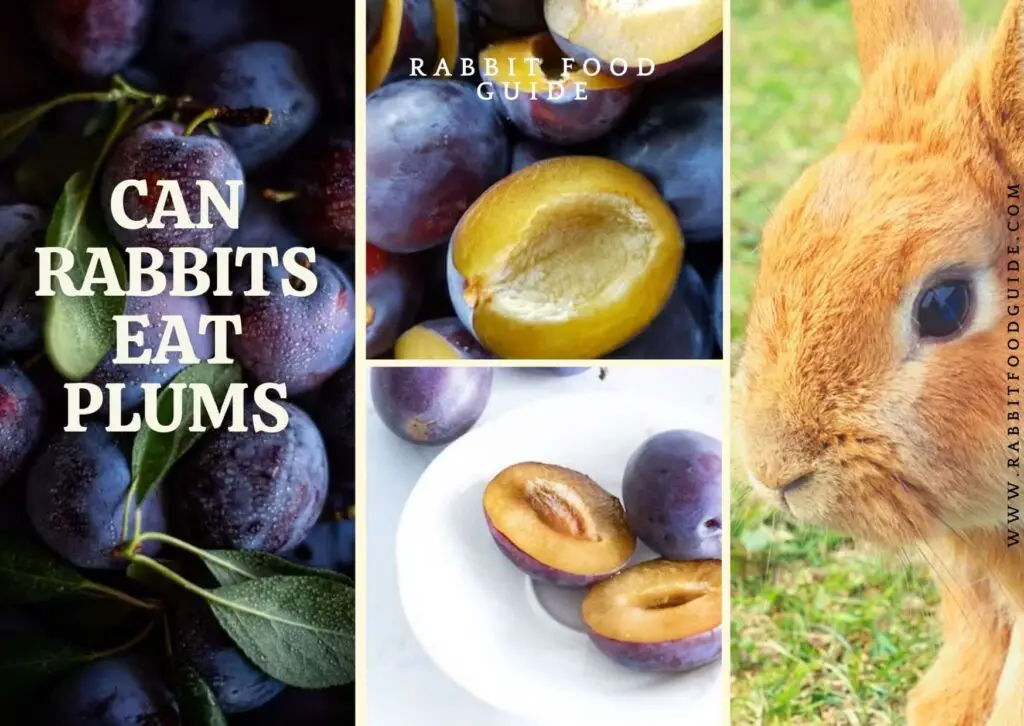
Table of Contents
Introduction
As a rabbit owner, one of the most common questions you might have is, “Can rabbits eat plums?” Like many fruits, plums can be part of your rabbit’s diet, but it’s important to understand the proper way to introduce them and the potential risks they may pose. In this guide, we will answer all the frequently asked questions about plums and help you make informed decisions about feeding them to your rabbit.
Nutritional Benefits of Plums
Plums are packed with nutrients that can benefit humans and, in moderation, can also provide some benefits to rabbits. Plums are a great source of vitamins and minerals, including:
- Vitamin C: This vitamin is essential for the absorption of iron and boosting the immune system. It also helps in preventing scurvy, a disease caused by a vitamin C deficiency.
- Vitamin A: Vital for maintaining healthy vision, skin, and immune function.
- Potassium: This mineral helps regulate fluid balance and maintain proper muscle function.
- Fiber: Plums contain a moderate amount of fiber, which is important for digestive health in rabbits.
One medium-sized plum (about 66g) provides 30 calories, 0.5g of protein, and 7.5g of carbohydrates, making it a low-calorie fruit option for rabbits when fed sparingly. Rabbit Route.
Are Plums Safe for Rabbits?
Yes, plums are safe for rabbits, but only when given in moderation. While plums contain beneficial nutrients, they are also high in sugar, which can cause digestive problems in rabbits if consumed in large amounts. Excessive sugar intake can lead to obesity, diarrhea, and other health issues. It’s important to remember that fruit should be considered a treat, not a staple in your rabbit’s diet.
Moreover, plum pits (seeds) can be dangerous. They contain cyanide, a toxic compound that can cause poisoning if ingested. Therefore, always remove the pit before offering the fruit to your rabbit. Additionally, while the skin of the plum is not toxic, it can be harder for rabbits to digest and may cause discomfort or digestive upset in some cases. Vet Advises HealthyRabbits.
How to Feed Plums to Your Rabbit
Feeding plums to your rabbit requires proper preparation. Here’s a simple step-by-step guide:
- Wash the Plum: Thoroughly wash the plum to remove any dirt or pesticides.
- Remove the Pit: Carefully remove the plum pit (stone), as it is toxic to rabbits
- Slice the Plum: Cut the plum into small, bite-sized pieces to make it easier for your rabbit to eat.
- Offer in Moderation: Only offer a small piece once in a while as an occasional treat.
Avoid offering plums with the skin if your rabbit has a sensitive digestive system. Monitor them for any signs of discomfort after consuming the fruit. If you notice any digestive upset, remove plums from their diet completely. Vet Advises HealthyRabbits.
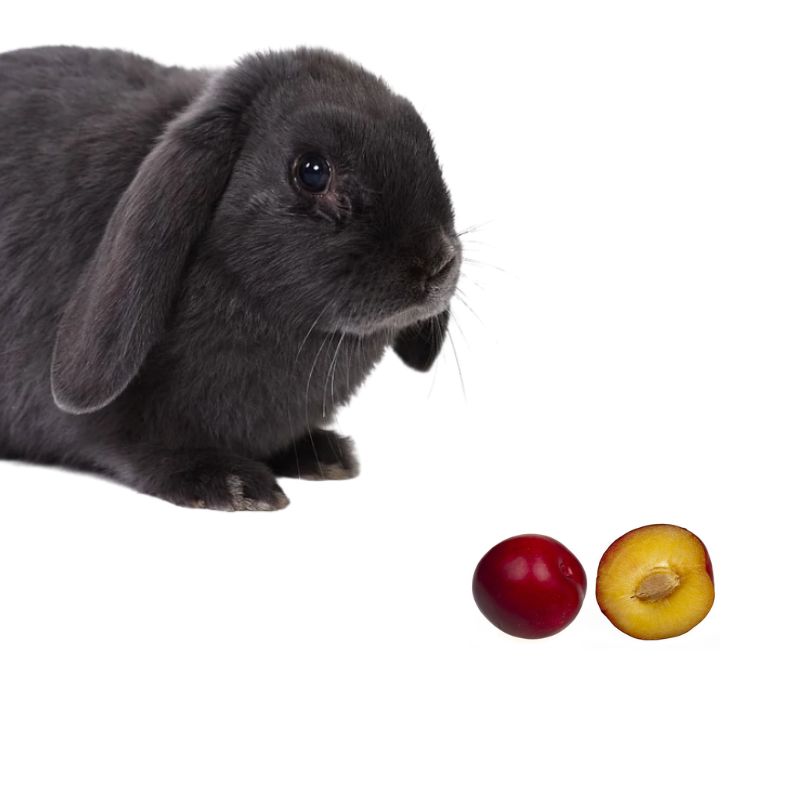
Other Fruits for Rabbits
While plums are safe in moderation, there are other fruits that are generally better for rabbits due to their lower sugar content and higher fiber. Some safe fruit options include:
- Berries: Strawberries, blueberries, raspberries, and blackberries are all safe for rabbits and offer a good amount of fiber while being lower in sugar.
- Apples: Remove the seeds and core before offering them to your rabbit. Apples are high in fiber and vitamin C.
- Pears: Like apples, pears can be a healthy fruit option when given in small portions.
Remember, the majority of your rabbit’s diet should consist of hay, which provides essential fiber for their digestive health, and leafy greens, such as spinach, kale, and dandelion greens.HealthyRabbits
How Often Can I Give My Rabbit a Plum?
Plums should only be given as an occasional treat. A small piece of plum (about 1-2 tablespoons) once or twice a week is more than enough. Too much fruit can disrupt the balance of your rabbit’s diet, leading to digestive issues, such as diarrhea or bloating. It’s important to maintain a balanced diet focused on fiber-rich foods to keep your rabbit healthy. Vet Advises.
What Should I Do if My Rabbit Eats Too Much Plum?
If your rabbit consumes too much plum, they may experience digestive distress. Signs of overconsumption may include:
- Diarrhea
- Lethargy
- Loss of appetite.
If you notice any of these symptoms, reduce the amount of fruit you’re feeding them and increase the amount of hay and fresh vegetables. Monitor your rabbit closely and, if symptoms persist, contact a veterinarian. In severe cases, consult a vet to rule out any underlying issues. Vet Advises.
Conclusion
In conclusion, plums can be a delicious and nutritious treat for your rabbit when given in moderation. They offer vitamins and antioxidants like vitamin C and anthocyanins, which can support immune function and overall health. However, plums are high in sugar and should never be a large part of your rabbit’s diet. Always remove the pit, wash the fruit thoroughly, and serve in small pieces. Your rabbit’s primary diet should consist of hay, fresh vegetables, and limited fruit. By following these guidelines, you can safely include plums as an occasional treat while keeping your rabbit happy and healthy.
If you have any concerns about your rabbit’s diet or health, always consult a veterinarian for personalized advice.
FAQs
-
Can rabbits eat plum pits?
No, it’s unsafe for rabbits to eat plum pits. Plum pits contain cyanide, a toxic substance that can harm rabbits if ingested. Always remove the pit before feeding plums to your rabbit. HealthyRabbits.
-
Can rabbits eat dried plums (prunes)?
Dried plums, or prunes, should not be fed to rabbits. They contain much higher sugar levels than fresh plums and can cause digestive upset or other health problems. Vet Advises.
-
Can rabbits eat plum leaves?
It’s best to avoid feeding your rabbit plum leaves. While not all leaves from fruit trees are toxic, some can cause digestive problems or even be poisonous. Plum leaves are generally not recommended. Vet Advises.
-
Can rabbits eat plum skins?
Rabbits can eat the skin of plums, but it can be difficult to digest. Some rabbits may experience stomach discomfort from the skin, so it’s advisable to remove it if your rabbit has a sensitive stomach. HealthyRabbits.
-
How often can I give my rabbit a plum?
Plums should only be given occasionally, about once or twice a week, and in small amounts. Fruits like plums should never replace the main components of your rabbit’s diet, such as hay and fresh vegetables. VetAdvises.
-
What should I do if my rabbit eats too much plum?
If your rabbit eats too much plum, watch for signs of digestive issues like diarrhea. Reduce the amount of fruit in their diet and ensure they’re getting enough hay and vegetables. If the symptoms don’t improve, consult a veterinarian. Vet Advises.

